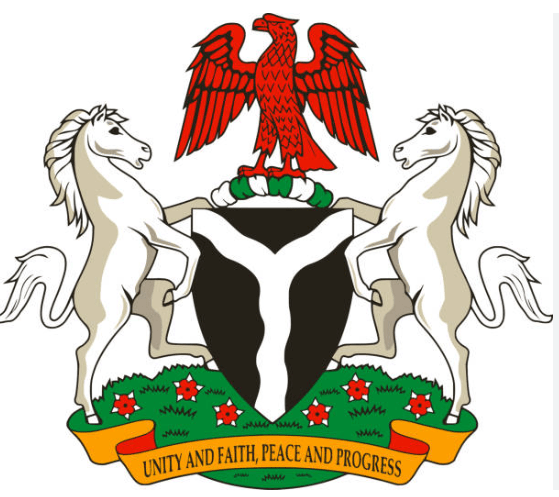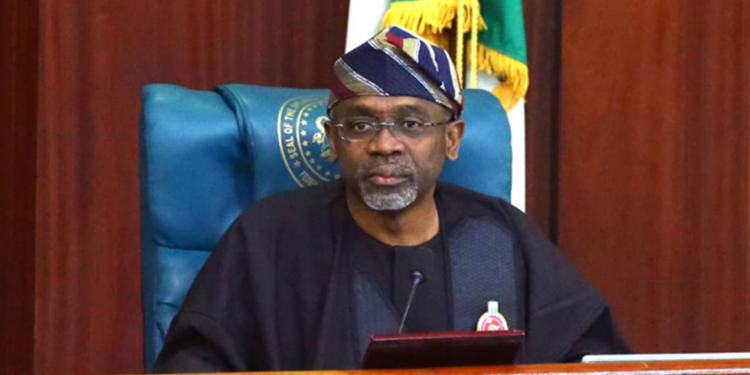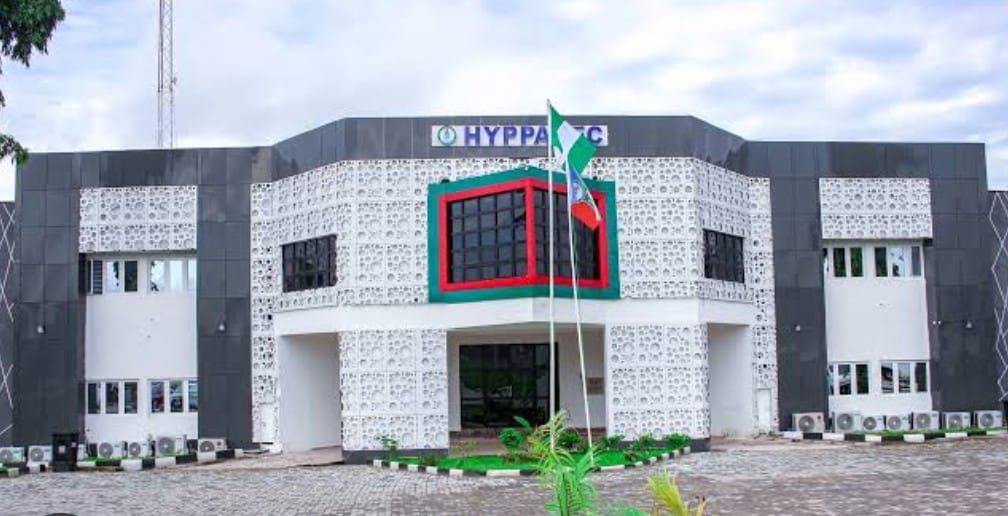Key Sectors Affected by the Wage Increase
The Federal Government of Nigeria has approved a new minimum wage structure for public service workers, including lecturers, police officers, armed forces personnel, and civil servants. The revised wage structure is set to take effect on July 29, 2024, a significant step toward enhancing the welfare of government employees.
The decision to revise the minimum wage for public workers stems from the recent enactment of the National Minimum Wage Act. This move underscores the government’s commitment to addressing wage disparities within the public sector, ensuring that workers in key sectors receive adequate compensation for their work.
The new minimum wage will directly benefit a wide range of public service workers. This includes lecturers at tertiary institutions, healthcare workers, police officers, and members of the armed forces. These workers play critical roles in maintaining essential services, and the new wage structure aims to reflect the importance of their contributions.
Several key sectors will experience the wage increase. The education sector, which includes university lecturers, will see a revision in the salary structure, ensuring that educators are fairly compensated. The health sector, encompassing medical and health services personnel, will also benefit from the revised wage. Law enforcement, including police officers and members of the armed forces, will likewise receive wage adjustments.
The new wage structure will take effect starting July 29, 2024. This date is particularly significant as it marks the day President Bola Tinubu signed the 2024 National Minimum Wage Act into law. The law serves as a critical framework for addressing the wage needs of public workers and ensuring they are paid in line with current economic realities.
One of the most crucial elements of this new wage structure is the promise to pay arrears dating back to July 29, 2024. This retroactive payment will ensure that workers receive the full benefits of the wage increase from the date the law was enacted. The payment of arrears is seen as a necessary step in addressing past wage discrepancies.
The National Minimum Wage Act, signed into law in 2024, is the foundation for the new wage structure. This act outlines the government’s commitment to ensuring fair wages for public workers and provides the legal framework necessary to implement the wage increases.
The wage revision follows a Memorandum of Understanding (MoU) between the Federal Government and various trade unions. These unions, which represent the interests of public workers, played a critical role in negotiating for the new wage structure. Their efforts have been instrumental in securing fair compensation for workers across multiple sectors.
With the new minimum wage, public sector workers can expect increased financial security. This wage revision will help workers in key sectors cover their daily expenses and improve their overall quality of life. Additionally, a well-compensated workforce is likely to be more productive, leading to better service delivery in sectors like health, education, and law enforcement.
The new minimum wage is expected to have a positive impact on the Nigerian economy. When public workers earn higher wages, they have more disposable income to spend on goods and services. This increase in consumer spending can stimulate local economies and promote economic growth across the country.
The implementation of the new minimum wage highlights the government’s long-term commitment to improving the welfare of public workers. By addressing wage disparities and ensuring that workers are fairly compensated, the government aims to build a more motivated and efficient public workforce.
While the new wage structure is a welcome development, it may come with its own set of challenges. Budgetary constraints, administrative delays, and resistance from some sectors could potentially hinder the smooth implementation of the wage increase. However, the government’s resolve to see this through remains strong.
Public sector workers and unions have expressed optimism about the new wage structure. Union leaders have hailed the government’s decision as a step in the right direction, while workers look forward to the financial relief the new wages will bring.
Although the new wage structure represents a significant improvement, future revisions may still be necessary. As the economy evolves, the government and trade unions will likely continue to evaluate the wage structure to ensure it remains in line with the cost of living and inflation rates.
The Federal Government’s decision to implement a new minimum wage structure for public service workers is a major step toward improving the lives of government employees. By revising wages across key sectors such as education, health, and law enforcement, the government is ensuring that workers are fairly compensated for their efforts. As the new wage structure takes effect, public workers can look forward to increased financial security and improved working conditions.



